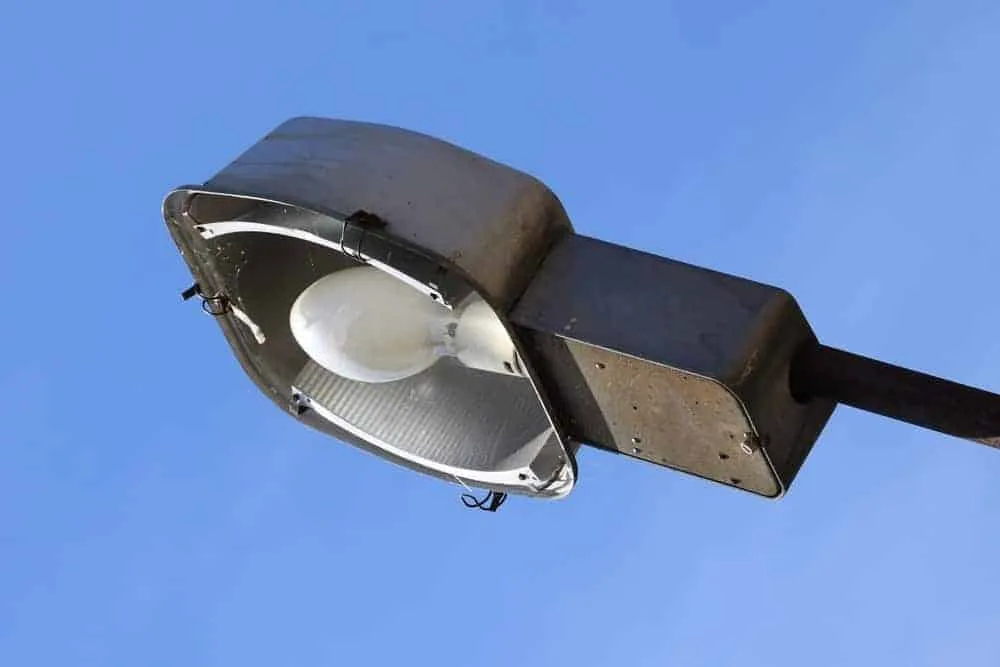Disappointed by the emergence of the delta variant and a U.S. vaccination price that has barely budged in the past few months, some employers are trying to find options.
Initially arrived incentives. Employers that sought to encourage vaccination supplied staff members paid time off, reward cards or other immediate sorts of payment, this kind of as paying for transportation to and from a vaccination web-site. These incentives were being significantly prevalent within just industries dependent on in-human being function, these types of as foods services and retail.
Now, however, the aim has shifted toward a approach commonly involved with smoking cigarettes: health and fitness system surcharges. Inquiries about increasing wellness insurance coverage contribution costs for staff members who opt for not to get vaccinated are raising, in accordance to Wade Symons, lover at HR consulting organization Mercer and co-chief of its regulatory useful resource group. Following initially listening to murmurs from businesses about vaccination surcharges, Symons mentioned Mercer has been obtaining “at the very least 1 inquiry a day, at times more, about this concept.”
The concept is not so much a thing to consider of very last vacation resort for businesses as it is a opportunity way for these who have dangled incentives — or for these who have stayed “on the sidelines” as it pertains to COVID-19 vaccinations — to enhance workplace well being and protection, he included. It also may well be an alternate to a vaccination mandate.
“My standpoint is that businesses are attempting to do extra to go that needle,” Symons stated, “and we have observed that what they’ve been doing will get you to a certain position, but vaccine ranges are not in which companies would have envisioned and preferred them to be, primarily in some of individuals sectors where by you have to have workers on the floor.”
From an administrative viewpoint, vaccination surcharges are comparable to tobacco surcharges, Symons continued. Staff members who smoke have the likely to drive greater fees to the employer’s health and fitness prepare, as do unvaccinated workers, or so the contemplating goes.
Office security is also a thought. Whereas tobacco use mainly provides as a wellness issue for unique employees exterior of the outcomes of secondhand smoke, vaccination can effect others in the workplace, Symons reported.
Possible pitfalls
Resources who spoke to HR Dive are significantly from certain that a surcharge method will be efficient, nevertheless, and the approach carries with it crucial sensible and authorized concerns employers would will need to deal with ought to they decide on to adopt it.
For starters, businesses will need to have to take into consideration the timing of a surcharge presented the coming open enrollment season. All those deadlines are challenging, Symons famous, for the reason that businesses also are jogging up from deadlines to reopen bodily worksites that are by now threatened by the delta variant.
“This is something they want to do quicker than later on,” Symons mentioned. “The problem is, how prolonged do you give somebody to get vaccinated ahead of the surcharge?”
There is also the issue of complying with limits on vaccination incentives and other wellness incentive regulations. In Might, the U.S. Equal Employment Option Fee posted updated complex aid stating that businesses may possibly offer you incentives to personnel to voluntarily receive a vaccine, no matter if an employee receives the vaccine on their very own from a pharmacy, wellness division or community overall health associate, or regardless of whether the staff gets a vaccine administered by the employer or an agent of the employer.
But if the vaccine is administered by the employer or an agent of the employer, an incentive can only be supplied below the Us citizens with Disabilities Act if it “is not so substantial as to be coercive,” according to EEOC. The exact definition of what constitutes a coercive incentive is a “nebulous” term, Symons said, but he described that companies need to even now be aware of the restriction.
Surcharges, also, are also matter to the principles of the Very affordable Treatment Act and HIPAA, which generally prohibit team wellness designs from charging in the same way positioned persons distinct rates or contributions, with the exception of specific wellness packages, according to the U.S. Section of Labor. Federal legislation divides wellness systems into one of two classes: participatory and overall health contingent. Although it is unclear below which group a COVID-19 vaccination surcharge would slide, the most conservative standpoint would be to believe that it is a health-contingent wellness software, Symons said.
That implies a surcharge would want to stick to federal specifications for health and fitness-contingent wellness systems. Underneath this example, the surcharge would need to have to be a lot less than 30% of the price of employee-only coverage underneath the overall health strategy, but this can be a “rather massive number,” Symons reported. Most businesses, he additional, are taking into consideration a surcharge volume between $20 to $25 for every paycheck, with individuals on the extra excessive finish thinking of up to $50 for every paycheck.
Earlier this week, Delta Air Strains declared it would implement a $200 regular monthly wellness insurance plan surcharge for unvaccinated staff members, The Wall Avenue Journal documented.
Businesses also should provide a “fair substitute normal” to health and fitness-contingent wellness plans, and this necessity can differ relying on no matter if the application is regarded as an “activity-only” or “final result-based” wellness plan underneath federal legislation.
Although it is also unclear into which of these buckets vaccination surcharges would fall, Symons claimed a reasonable alternative could occur in the type of letting workforce to enjoy a video clip on vaccine safety and the dangers of remaining unvaccinated, an different similar to that applied for tobacco surcharges.
Other individuals are not confident that these types of alternate options would be efficient, even so. In an short article posted by Chief Govt, Willis Towers Watson officers Jeff Levin-Scherz and Julie Stone claimed that instructional periods “would not aid improve the protection of the place of work,” when even biweekly or weekly COVID-19 screening — which the authors identified as the “most clinically powerful alternate” — would be tough to implement owing to the reality that companies may perhaps not know in progress of imposing the surcharge no matter whether an employee has finished testing.
There are other potential difficulties over and above wellness plan regulations. For occasion, a surcharge tactic would not effects employees who waive wellbeing protection by their employer, Levin-Scherz instructed HR Dive in an electronic mail. Furthermore, these types of surcharges may perhaps be disproportionately imposed on minimal-wage employees, he observed, citing analysis showing that substantial vaccination fees are strongly correlated with education and revenue.
“Quality surcharges may possibly make intuitive sense, but based on their construction they are not likely to direct [to] a substantial boost in vaccination rates,” Levin-Scherz explained. “I believe that businesses will more and more look at mandates, specially with the Fda official whole approval of the Pfizer vaccine.”
Unanswered inquiries
Verification of an employee’s vaccination standing may make supplemental head aches. An Aug. 16 short article revealed by the Culture for Human Useful resource Management requested businesses to consider how they would obtain proof of vaccination, given reviews of false vaccination playing cards and a warning from the FBI regarding felony action with respect to building or obtaining these types of cards.
Verification is a difficult query, Symons explained “I really don’t know how you deal with that.” In the circumstance of tobacco surcharge programs, he observed, employers are inclined to count on an attestation from the worker that they have not employed tobacco around a selected time period of time. That tactic may well be less difficult than demanding physical evidence, but it also might existing administrative challenges, Symons explained.
As with vaccination mandates, acquiring facts about an employee’s vaccination position for the intent of a surcharge also necessitates caution, Symons stated, because of to the actuality that this position is regarded a private health-related document.
Booster pictures current one more area of uncertainty. The Facilities for Ailment Regulate and Prevention advised past week that men and women who are moderately to severely immunocompromised really should receive an supplemental dose of an mRNA COVID-19 vaccine soon after the original two doses, nevertheless the company mentioned that this extra dose is not the exact same as a booster dose offered to men and women when an immune reaction to a most important vaccine collection is likely to have waned around time.
“I would presume that if we get a CDC advice that all should obtain a booster shot, then I would think that would be added to the mandate or surcharge,” Symons mentioned. Assuming overall health insurance policies programs and employer ideas would will need to pay for a booster shot, employers could need to have to talk that the shot will be paid out for by the plan, he included.







